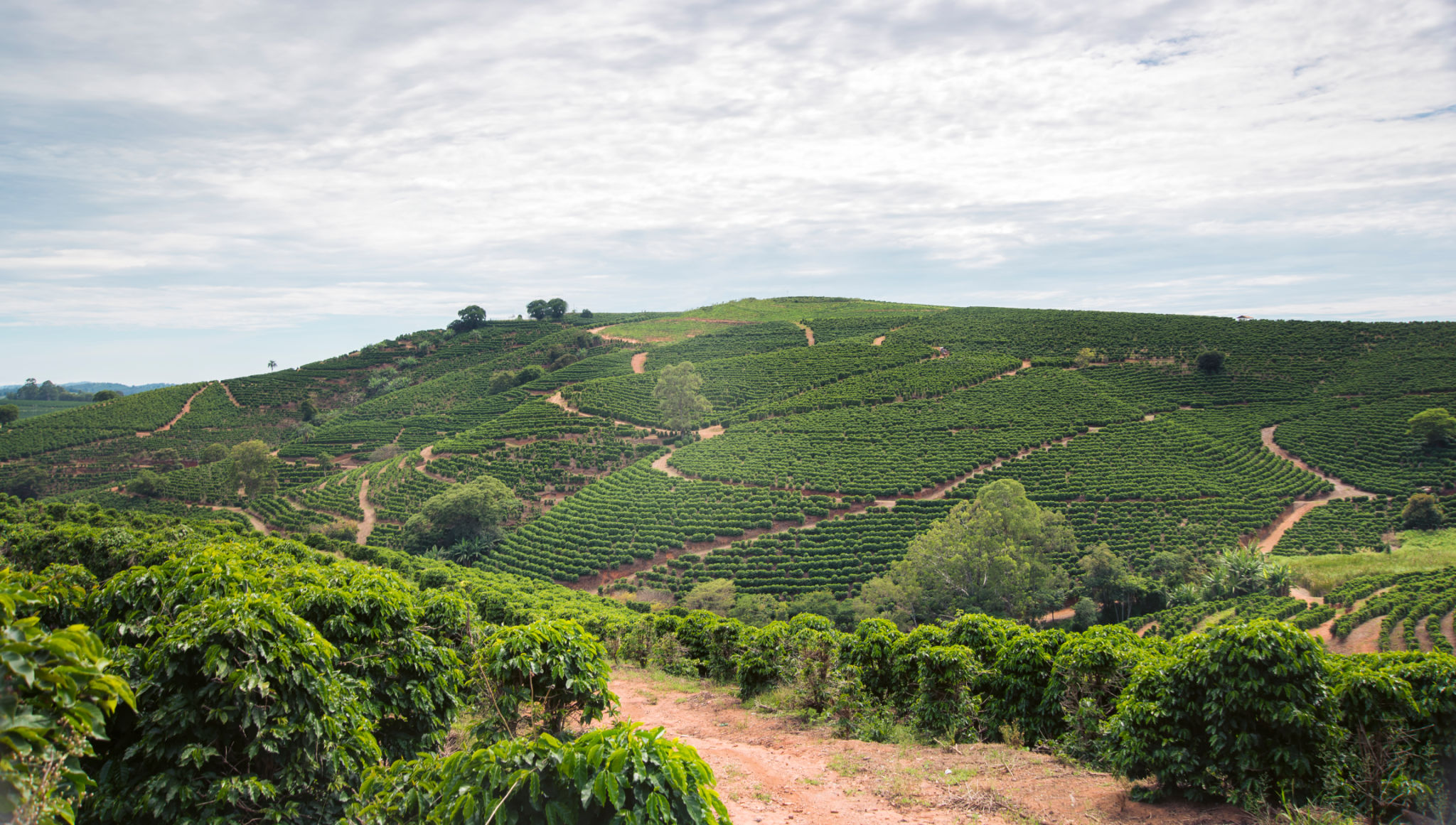Sustainable Practices in Green Coffee Trading: What You Need to Know
The Importance of Sustainable Practices in Coffee Trading
Sustainable practices in green coffee trading are becoming increasingly important as consumers and businesses alike recognize the need to protect our environment and support ethical production methods. From the farm to your cup, every step in the coffee supply chain can benefit from sustainable approaches. By understanding these practices, you can make more informed choices and contribute to a healthier planet.
The global coffee industry is vast, and its environmental footprint can be significant. Therefore, it is crucial to implement eco-friendly strategies that reduce waste, conserve resources, and promote biodiversity. Embracing sustainability in coffee trading not only helps the planet but also supports the livelihoods of farmers and their communities.

Key Principles of Sustainable Coffee Trading
There are several key principles that guide sustainable coffee trading. These principles help ensure that the entire process—from cultivation to distribution—adheres to environmentally and socially responsible standards.
- Fair Trade Practices: Ensuring farmers receive fair compensation for their crops is a cornerstone of sustainability. Fair Trade certifications guarantee that workers are paid fairly and work under safe conditions.
- Organic Farming: Organic coffee farming avoids the use of synthetic chemicals, which helps maintain soil health and reduces pollution.
- Biodiversity Conservation: Protecting natural ecosystems and wildlife habitats is essential for maintaining biodiversity within coffee-growing regions.
By focusing on these principles, stakeholders in the coffee industry can help create a more equitable and environmentally friendly supply chain.
Technological Innovations in Coffee Trading
Technology plays a significant role in advancing sustainable practices within the coffee trading industry. Innovations such as blockchain technology, for example, provide greater transparency throughout the supply chain. This transparency allows consumers to trace the journey of their coffee from farm to cup, ensuring sustainable practices are followed at each stage.

Additionally, advancements in agricultural technology help farmers optimize their yields while minimizing environmental impact. Precision farming techniques enable growers to use resources more efficiently, reducing waste and promoting sustainability.
The Role of Certifications
Certifications such as Rainforest Alliance, Fair Trade, and USDA Organic serve as important indicators of sustainability in coffee trading. These certifications provide consumers with the assurance that their coffee is produced following environmentally and socially responsible practices.
By choosing certified products, consumers can support farmers who are committed to sustainable methods. This demand for certified coffee encourages more producers to adopt eco-friendly practices, further driving positive change in the industry.

Consumer Responsibility and Impact
The choices consumers make have a direct impact on the sustainability of coffee trading. By opting for sustainably sourced coffees, consumers can support ethical practices and contribute to environmental conservation efforts.
Moreover, raising awareness about the importance of sustainability in coffee trading can inspire others to make informed decisions. Sharing knowledge and promoting discussions about sustainable practices can help drive broader change across the industry.
Ultimately, by embracing sustainable practices in green coffee trading, we can all play a part in protecting our planet while enjoying one of the world’s most beloved beverages.